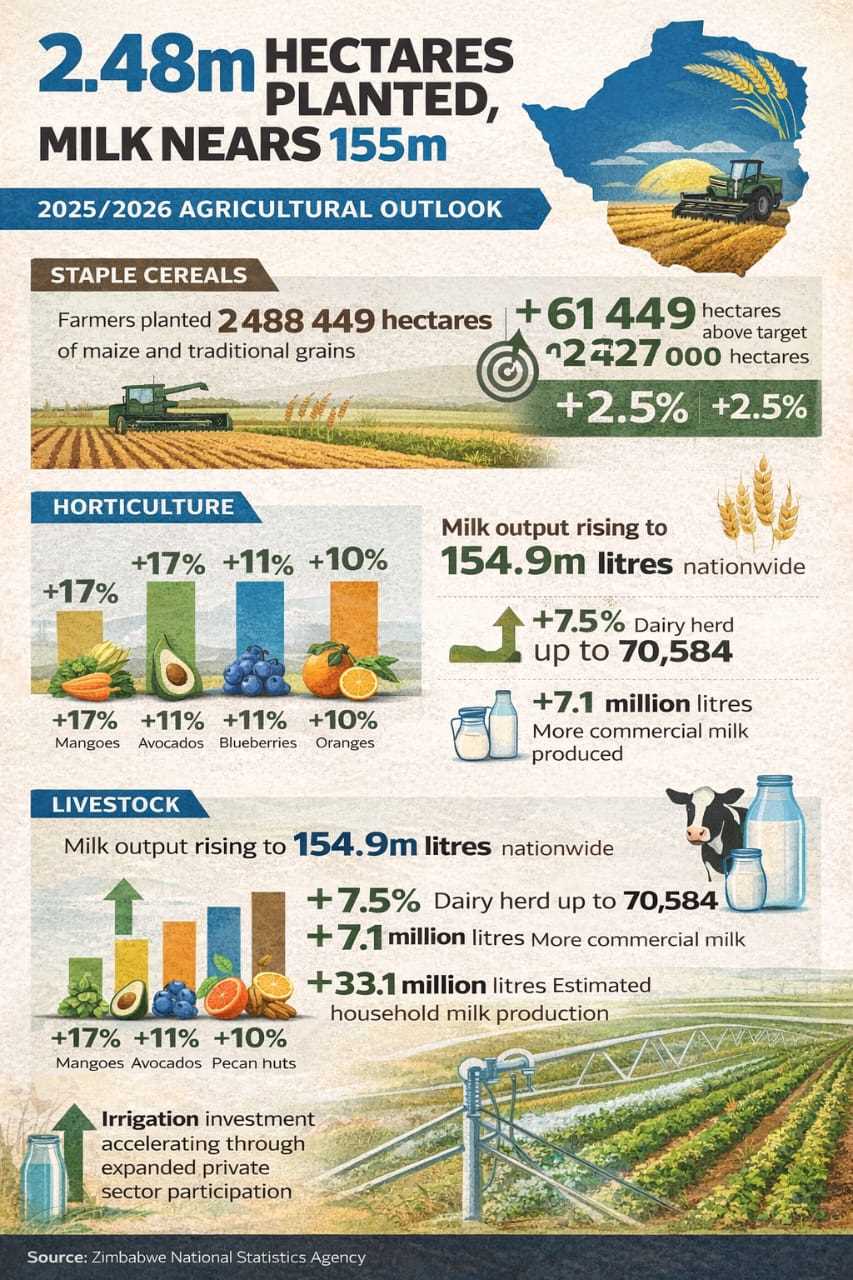
Gilbert Munetsi - Zim Now Writer
Zimbabwean boxing has captured a flicker of continental attention with the release of the African Boxing Union male ratings for August 2025.
While a select few fighters have proudly carried the nation’s colours, the broader picture reveals a struggle for greater representation on the continental stage.
Leading Zimbabwe’s charge is Beaven Sibanda, who firmly holds the number one spot in the Light-Flyweight division. Sibanda’s achievement is historic: he recently became the first Zimbabwean to claim the International Boxing Federation’s minimumweight title.
His continued reign atop the ABU rankings not only highlights his exceptional skill but also points to the untapped potential within Zimbabwe’s boxing community — potential that could flourish with stronger support systems.
Joining him at the pinnacle is Ndabezihle Phiri, ranked first in the Flyweight category. Phiri’s rise signals growing competitiveness among Zimbabwean fighters, especially in the lighter weight classes. Meanwhile, Hassan Milanzi and Tatenda Binungu have also secured places within the ABU top 15—11th in Super-Bantamweight and 13th in Featherweight, respectively—marking positive developments across diverse divisions.
Related Stories
Yet, despite these encouraging individual successes, Zimbabwe’s overall footprint on the ABU charts remains sparse. Of the 17 weight divisions—from Heavyweight to Strawweight—Zimbabwean pugilists are notably scarce. Their presence pales next to boxing powerhouses such as Nigeria, South Africa, Ghana, Tanzania, and the Democratic Republic of Congo, whose fighters dominate much of the rankings.
South Africa stands out as a boxing powerhouse, boasting champions or top contenders in almost every division. This strength reflects the country’s more mature boxing landscape, complete with grassroots development, professional promotions, and frequent international exposure. Nigeria’s boxing scene is similarly robust, featuring prominent names like Efe Ajagba, Solomon Adebayo, and Efetobor Apochi securing top-tier rankings.
Zimbabwe’s limited representation is a stark signal of deeper challenges. Beyond individual brilliance, the country faces a shortage in depth—rooted in underinvestment in training infrastructure, coaching, and management. The difficulties are compounded by scarce opportunities for Zimbabwean boxers to compete internationally, limiting their visibility and growth potential.
This gap highlights critical issues: inadequate funding for both amateur and professional bouts, a lack of modern facilities, and insufficient promotional platforms to keep fighters active and ranked. It reflects a system struggling to nurture the next generation comprehensively, despite clear flashes of talent.
However the handful of Zimbabwean boxers on the ABU rankings are more than athletes—they are beacons of perseverance in a system that needs urgent reform. Their success sends a clear message to local authorities, corporate sponsors, and the Zimbabwe National Boxing and Wrestling Control Board: boxing’s revival at home depends on strategic investment, professional coaching, and consistent fight opportunities.
In a continent where boxing is increasingly a pathway to economic empowerment and national pride, Zimbabwe risks becoming a perennial underdog without decisive action. As ABU Chairman Houcine Houichi’s platform shines a spotlight on Africa’s elite fighters, Zimbabwe’s future contenders will require more than passion—they will need modern training environments, financial support, and sustained exposure on the continental and global stages.
For now, champions like Sibanda, Phiri, Milanzi, and Binungu carry the nation’s hopes on their shoulders, shouldering the weight of Zimbabwean boxing’s future with determination. And yet the pressing question remains: for how long can they carry this burden alone?



















Leave Comments